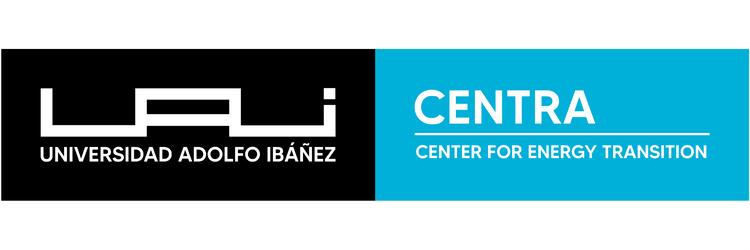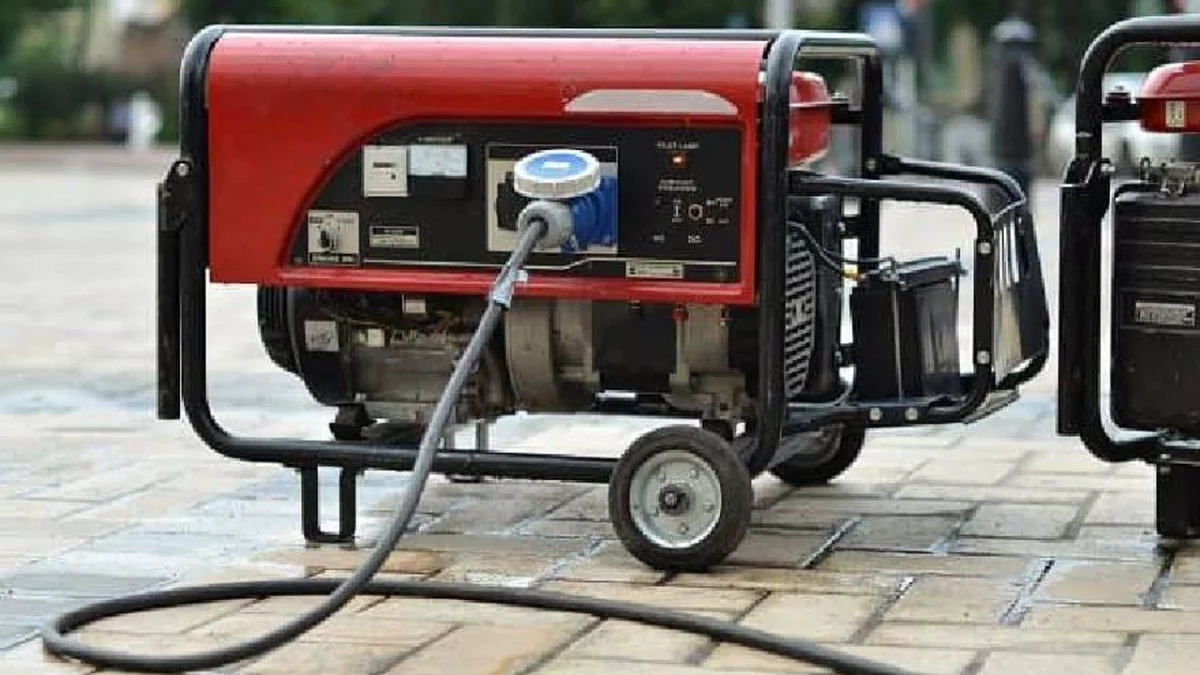Electric generators: how much they cost and what to look for when buying
August 15, 2024
Due to the prolonged power outages that have affected thousands of Chileans, sales of products such as electric generators have skyrocketed in retail, with people looking for solutions to keep their homes running, especially when it comes to lighting and essential appliances, such as refrigerators, heating/cooling systems and medical equipment, for example.
When deciding whether to buy an electric generator, Manuel Morales, deputy director of the Duoc UC School of Engineering, indicates that several key factors must be evaluated, such as:
Necessary power: “Determine how much energy is needed to power essential appliances. This will help choose the appropriate generator capacity.”
Type of fuel: “Generators can run on gasoline, diesel, natural gas or propane. The most common equipment in Chile is supplied for use with gasoline, so the cost of said fuel must be considered additionally.”
Location and storage: ‘It is very important to have a safe and ventilated place to install and store the generator.’
Fuel tank size: “It is estimated that a 15-liter tank should generate an autonomy of between 6 and 7 continuous hours of operation.”
Andrea Sepúlveda, director of the Renewable Energy and Energy Efficiency Area of Inacap, also advises consulting with an expert before making the purchase. And suggests applying criteria for prioritizing essential devices. “On the other hand, it should be considered that these devices must be installed and declared to the Superintendence of Electricity and Fuels (SEC) by a certified electrician,” she emphasizes.
Prices and costs
The prices of electric generators can vary widely depending on their capacity and characteristics. Based on a general estimate, Morales says that on average they can range from $300 thousand to $1 million for small portable generators, between $1 million and $3 million for medium-sized generators (5,000 to 7,500 watts), and more than $10 million in the case of large generators for the entire house (10,000+ watts).
Cristián Araya, consulting attorney at the Energy Transition Center (Centra) of the Faculty of Engineering and Sciences of the UAI, emphasizes that “the most important thing is to ensure compliance with the applicable regulations, including the requirement to electrically isolate the home from the grid in case of using the generator. For this, there are different alternatives, from a physical disconnection to the implementation of transfer boards, whose implementation cost would be added to that of the generator.”
Courtesy of LitoralPress

